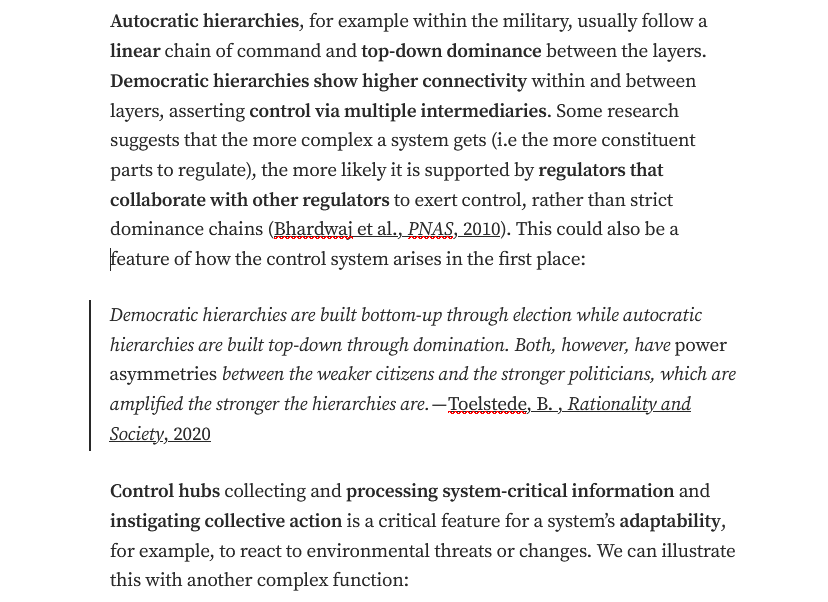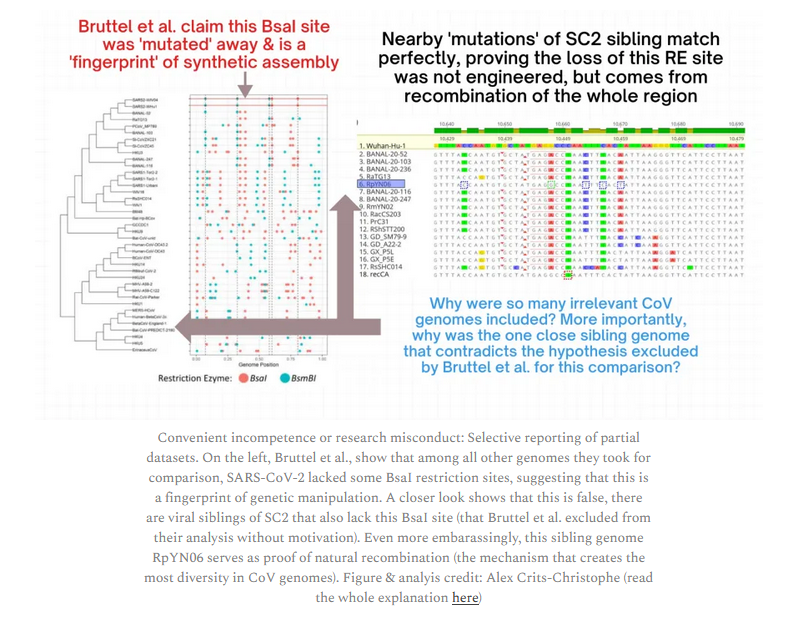
⬇️very useful document offering a network perspective on societal ills currently plaguing us.
I am certainly appreciating the insights offered here and fully agree with many of the things outlined.
Please give it a read:
1/
I am certainly appreciating the insights offered here and fully agree with many of the things outlined.
Please give it a read:
1/
https://twitter.com/davetroy/status/1585175005536866304
I've been thinking more on a complexity framework to account for the non-linearity of the systems we are part of, as well as emergence and control theory.
But network & graph theory plays an enormous role there as well because complex systems can be abstracted into networks
2/


But network & graph theory plays an enormous role there as well because complex systems can be abstracted into networks
2/



The really interesting question is not what framework or models we use to #conceptualize the relationships between society and our broken info spheres, but whether or not they are #useful to understand why we currently experience #democratic backsliding around the world
3/


3/



I think it is fair to say that nobody has all the answers, but many different domain experts have some answers and we need to listen to them.
There are tenuous connections between a broken info sphere, #conspiracy myths, crowd-sourced distortions, #epistemic paralysis and
4/
There are tenuous connections between a broken info sphere, #conspiracy myths, crowd-sourced distortions, #epistemic paralysis and
4/
the information #combatants who make use of these newly created #vulnerabilities of open & democratic societies through technological disruption, #asymmetric amplification, choice architectures and behavioral #microtargeting.
It is naive to assume that any single person can
5/
It is naive to assume that any single person can
5/
can fit all the puzzle pieces together, but some researchers, academics and journalists @noUpside @STWorg @carljackmiller @davetroy @mariaressa (and many more I will miss) have been outspoken and great on many facets of this problem.
I hope more can join too.
/end
I hope more can join too.
/end
• • •
Missing some Tweet in this thread? You can try to
force a refresh







